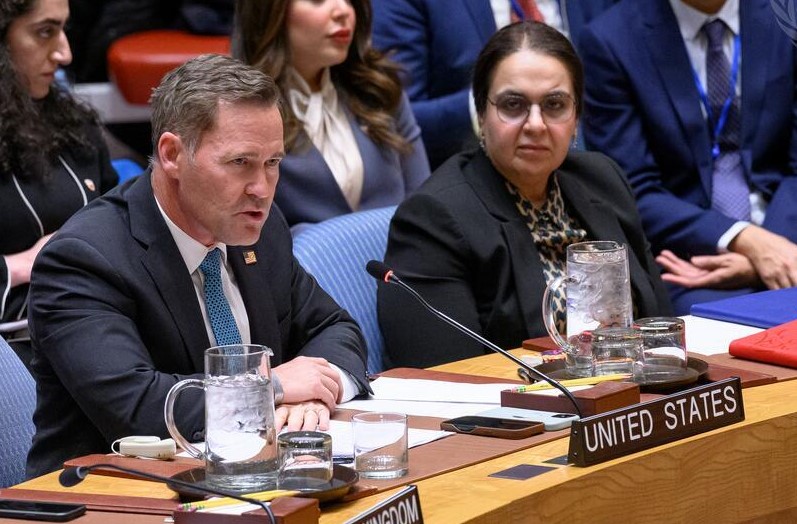What legal responsibilities do states have in addressing climate change? Should countries with high emissions be held accountable for the damage they’ve caused? Are states duty-bound to protect the environment for future generations?
These questions are currently taking center stage in The Hague as the International Court of Justice (ICJ) prepares to issue an advisory opinion that just may shape the future of the planet.
While the Better World team has previously broken down the inner workings of the ICJ (a great read to get acquainted with the Court), we wanted to tackle how the ICJ is now approaching the most expansive, potentially most consequential case in its history.
Here’s what we know.
What are the hearings about?
In a first for the UN’s highest judicial court, the 15-judge body has taken up the climate issue, with particular focus on whether polluters can be sued for both contributing to and failing to slow climate change. The ICJ is being asked to provide an advisory opinion on two critical questions regarding the obligations of states under international law related to climate change.
- What are the obligations of states to protect the climate system and environment from human-caused greenhouse gas emissions?
- What are the legal consequences for states that harm the climate and environment, especially for vulnerable regions like small island developing states and future generations?
How did this case come to the ICJ?
The Pacific island nation of Vanuatu initiated the case in 2021, highlighting the existential threat of climate change to small island nations. With support from a core group of UN Member States, the UN General Assembly adopted a resolution in March 2023, requesting the ICJ’s advisory opinion. The resolution drew on several international legal frameworks, including the Paris Agreement and the UN Framework Convention on Climate Change.
Why is this case so significant?
The case is the largest in ICJ history, with 97 states and 11 organizations scheduled to participate. It is vital for small island developing states, which are already facing the most severe impacts of climate change. The timing is also particularly important, coming just after developing nations criticized a climate finance deal at COP29 that they deemed insufficient to address their needs.
What effect can an advisory opinion have?
Although non-binding, the ICJ’s advisory opinion carries significant moral and authoritative weight. It can influence future legal proceedings, including domestic lawsuits seeking climate compensation from developed nations. The opinion could also guide state actions in addressing climate change, contributing to stronger global climate policies. The UN Secretary-General has emphasized its potential to drive bolder climate action by states.
Where does the United States stand?
According to a statement from the U.S. Mission to the United Nations, “Although the United States remains of the view that climate change is best addressed through diplomatic efforts, it welcomes the opportunity to share its legal views and engage with States and the Court on the questions posed, including through these public hearings… The UN climate change regime, and particularly the 2015 Paris Agreement, provides the critical international legal framework for States’ cooperation in addressing the collective action problem of climate change… The United States recognizes the important role it has to play in addressing climate change, and it takes its international obligations seriously. It has been doing its part, at home and abroad. Addressing climate change is not only one of the greatest challenges of our time, but also a once-in-a-generation opportunity to unleash a new era of economic growth, good-paying union jobs, historic investment, and energy security.”
“Addressing climate change is not only one of the greatest challenges of our time, but also a once-in-a-generation opportunity to unleash a new era of economic growth, good-paying union jobs, historic investment, and energy security.”
What happens next?
Lawyers involved in the case expect the ICJ to offer an opinion next summer.
But though the date of that decision has not yet been set, what is certain is that the world is watching as temperatures – and sea levels – rise.




